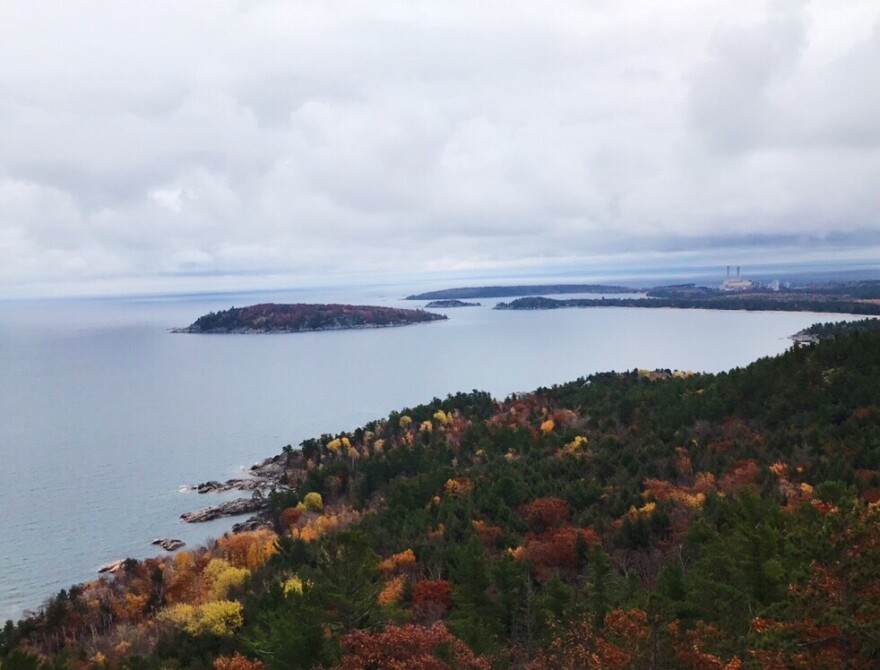A new report commissioned by the Environmental Law and Policy Center urges Great Lakes states to mitigate and prepare for the "profound" effects of climate change.
The report, authored by more than a dozen Midwest and Canadian researchers, says Great Lakes states will see more very hot days, increases in heavy rainfall and flooding, declines in crop yields, and threats to drinking water.
Lucinda Johnson of the University of Minnesota Duluth studies Great Lakes ecosystems. She says many of the effects can already be seen. For example, the water is warming in all the Great Lakes, not just Lake Erie.
"Lake Superior is beginning to experience algal blooms. This is unprecedented," says Johnson.
The report includes policy recommendations to reduce carbon emissions from states in the Midwest, as well as adapt to the warmer climate.
Policies that encourage the electrification of vehicles and public transportation systems are necessary, says the study, especially in the face of the Trump administration's efforts to roll back fuel economy standards and encourage the growth of fossil fuel industries.
It says another major adaptation should including large investments in energy efficiency, combined with decentralizing the current electric generation and distribution system as much as possible.
Donald Wuebbles with the University of Illinois says that would include more city and rural area micro-grids, which would operate independently from the larger grid system in the Midwest.
"These sorts of systems are more resilient in the face of polar vortexes in the winter and extreme heat waves in the summer," says Wuebbles.
The study is not particularly encouraging. But climate change will have even more dire impacts on other states, like California, western states, and the Southeast, says Johnson.
"As conditions get very bad in other parts of the U.S. and potentially the world, the Great Lakes region may experience a demographic shift," says Johnson. "That would benefit Great Lakes states from an influx of people and industries seeking conditions that are less bad."











